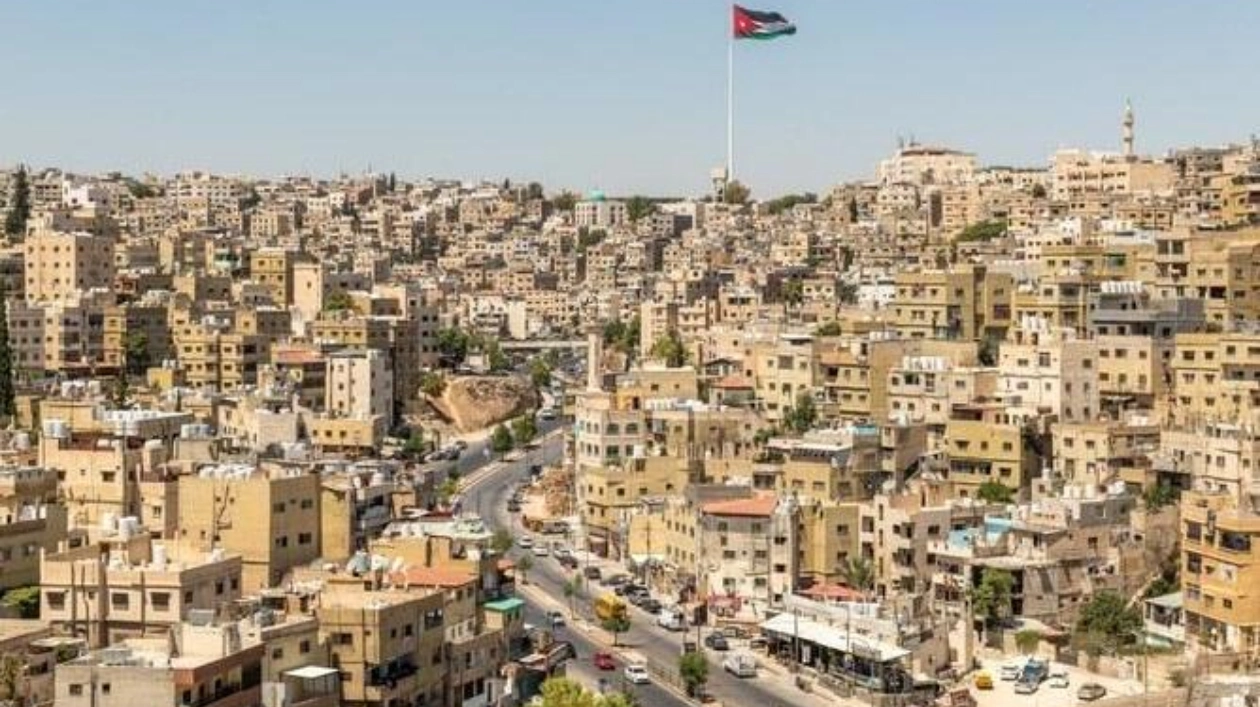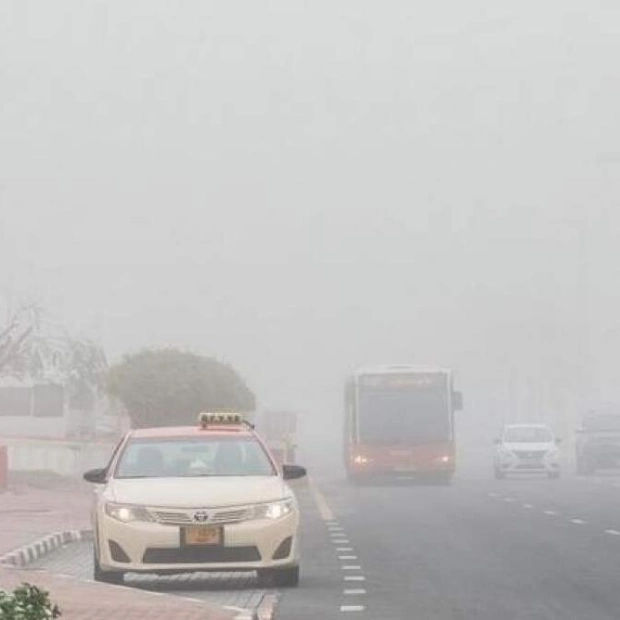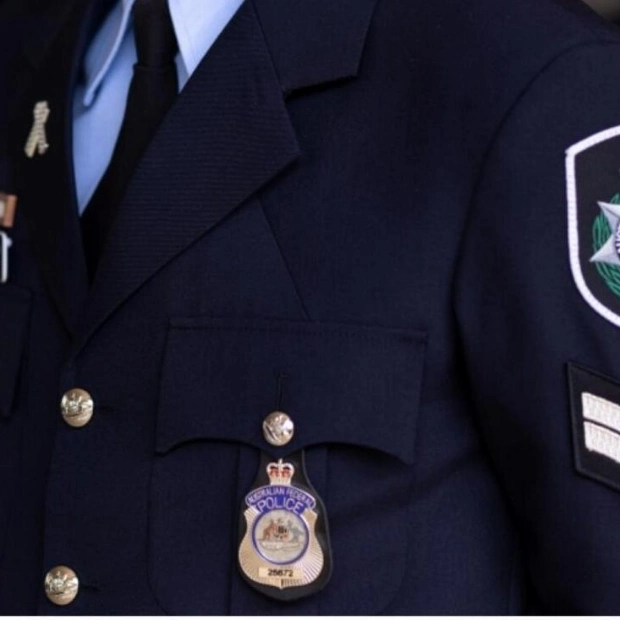RIYADH: Jordan's public revenues for 2025 are projected to reach 10.2 billion dinars ($14.3 billion), slightly lower than the 10.3 billion dinars forecast for 2024, according to the nation's General Budget Department.
The 2025 draft budget estimates 9.5 billion dinars in local revenues and 734.3 million dinars from foreign grants, closely matching the figures for 2024. This budget provides a comprehensive financial framework for the country, outlining major national development projects, specific allocations for each governorate, and a spending plan for the years 2025-2027.
The document emphasizes the government's dedication to maintaining fiscal discipline while making strategic investments in line with Jordan's Economic Modernization Vision. This vision, centered around the slogan 'A Better Future,' focuses on two main pillars: accelerating economic growth and improving the quality of life for all citizens. Sustainability is also a core component of this vision.
Total public expenditures for 2025 are estimated at 12.5 billion dinars. The budget aims to reduce the primary deficit to 2 percent of gross domestic product, down from 2.9 percent in 2024.
The draft budget highlights transformative projects addressing critical national needs, such as the National Water Carrier Initiative, which tackles Jordan's chronic water scarcity and ensures long-term water security. Another focus is on a railway project connecting Aqaba Port to Al-Shidiya and Ghor Al-Safi, aiming to enhance logistics efficiency and economic integration.
Other key projects include investments in renewable energy and infrastructure upgrades to improve public transportation networks, thereby easing connectivity and reducing environmental impact. The budget framework projects 2.5 percent real GDP growth, driven by ongoing structural reforms, and forecasts 4.9 percent nominal growth, supported by moderate inflation rates that contribute to financial and monetary stability.
The budget allocates significant funds to governorates to ensure equitable development and address local priorities. Notable regional allocations include funding for the construction and maintenance of hospitals, schools, and transportation infrastructure. Additionally, there is funding for agricultural development, water management, and job creation initiatives tailored to local needs.
Specific projects detailed in the governorate budgets include road maintenance and expansions in Irbid, Al-Mafraq, and other regions, investments in healthcare facilities, including hospital and primary care center expansions, and the development of educational institutions, such as building new schools and upgrading existing facilities.
In line with the 'Public Sector Modernization The Roadmap,' the draft budget includes funding for implementing updated job guidelines, creating new vacancies, and modernizing public administration to enhance service delivery. This framework serves as a comprehensive roadmap to improve public administration and enhance the institutional approach to efficiently respond to domestic and global developments.
Source link: https://www.arabnews.com






